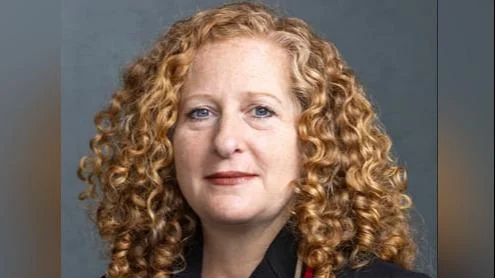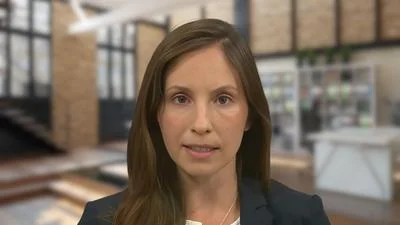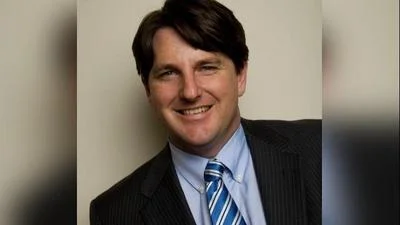Jennifer Mnookin Chancellor | Official website
Jennifer Mnookin Chancellor | Official website
Thirty-two University of Wisconsin–Madison faculty members have been awarded fellowships from the Office of the Vice Chancellor for Research for 2024-25. The awardees represent the four research divisions on campus: arts and humanities, physical sciences, social sciences, and biological sciences.
“These awards recognize excellence in faculty research, academics, and outreach at various stages of their scholarly careers and provide an opportunity for continued development of their research programs,” said Cynthia Czajkowski, interim vice chancellor for research. “I look forward to seeing the results of their imaginative use of these funds.”
The awards are funded through the Wisconsin Alumni Research Foundation (WARF), which licenses technology developed by UW–Madison faculty and staff. Income from successful licenses is returned to the OVCR to support research activities and awards across campus.
Eight faculty members received WARF Named Professorships, each accompanied by $100,000. These professorships honor significant contributions to knowledge advancement through research as well as teaching and service activities. Recipients choose the names associated with their professorships.
Pupa Gilbert, John D. Wiley Professor of Physics, studies biomineralization processes in natural biominerals such as coral skeletons and tooth enamel. Susan Hagness, Maria Stuchly Professor of Electrical Engineering, focuses on electromagnetic interactions with tissue for medical applications. David Kaplan, Richard L. Venezky Professor of Educational Psychology, specializes in Bayesian statistical methods applied to educational assessments.
Lisa L. Martin, Crawford Young Professor of Political Science, researches international relations with a focus on international institutions. Dr. Perry J. Pickhardt, John R. Cameron Professor of Radiology and Medical Physics, leads gastrointestinal imaging efforts at the School of Medicine and Public Health.
Pamela Potter, Michael Ochs Professor of German and Musicology’s work spans German intellectual history and cultural historiography among other areas. Volker Radeloff is Margaret Murie Professor of Biodiversity Conservation studying land use changes' impact on biodiversity globally using satellite images.
Russ Shafer-Landau is Elliott Sober Professor of Philosophy specializing in metaethics—the study concerning morality's source and rational authority.
Thirteen faculty members were honored with H.I Romnes Fellowships recognizing exceptional research within six years post-tenure promotion; this fellowship includes $60,000 over five years.
Grant Armstrong from Spanish & Portuguese studies comparative morphology; Emily Arthur in Art & Printmaking collaborates with scientists elucidating art-science intersections; Lauren Bishop investigates disparities affecting autistic adults’ health outcomes at Waisman Center; Marguerite Burns explores public health insurance impacts on disadvantaged populations’ welfare post-incarceration; Emily Callaci researches African History focusing on reproductive politics during decolonization eras among others recognized under Romnes Fellowship include Ilias Diakonikolas working on machine learning algorithms fundamental problem-solving methodologies et al., Jennifer Dykema focused upon survey methodology improvements & respondent interaction dynamics Andy Garbacz emphasizing youth mental health promotion interventions scaling optimization processes therein etc., Qunying Huang’s GeoAI Big Data Analytics addressing natural hazards human mobility sustainable agriculture domains thereof Dr Dudley Lamming specializing endocrinology diabetes metabolism domains inclusive Lindsay Palmer qualitative global media analysis Dominic Parker agricultural economics intersectionality resource booms-busts regulations renewable energy implications Srivatsan Raman leveraging synthetic biology principles towards understanding engineering cellular systems protein-wide genome-wide scales herein
Eleven mid-career researchers received Kellett Mid-Career Awards aimed supporting key contributors promoted tenured positions seven twenty years ago entailing $75K funding over five-year span recipients encompass Andrew Alexander MRI-based brain imaging quantitative techniques application neurological conditions lifespan perspective Michael Arnold tackling longstanding challenges carbon nanomaterials synthesis processing implications next-gen microelectronics energy applications inter alia herein
By Natasha Kassulke natasha.kassulke@wisc.edu






 Alerts Sign-up
Alerts Sign-up